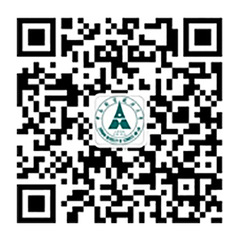讲座主题:Legal Translation and Interpreting (LTI) in Europe: Overview
欧洲法律翻译与口译(LTI):概述
讲座时间: 2018年6月21日(周四) 8:00—9:40
地点: 文波楼语音三楼同传教室
主讲人:Liese Katschinka
主持人:朱勇副教授
专家简介:
Liese Katschinka, has been working as a free-lance conference interpreter (AIIC; German, English, French) for international organisations (UN, OSCE, Council of Europe, EU, CCBE, European and international professional organisations, multinational companies and banks) and certified court interpreter (German, English), as well as a sci-tech and legal translator throughout her professional life. Liese Katschinka has been actively involved in a number of national and international professional associations (e.g. Secretary General of the Austrian Translators’ and Interpreters’ Association UNIVERSITAS from 1982 to 1991; Vice-President of the International Federation of Translators (FIT) from 1984 to 1987, FIT Secretary General from 1993 – 1999; Vice-President of the Austrian Court Interpreters' Association, Chairperson of the FIT Committee on Court Interpreting and Legal Translation, Member of the AIIC Court and Legal Interpreting Commission; President of EULITA (European Legal Interpreters and Translators Association) between 2009 and 2017. Liese Katschinka was actively involved in the elaboration of quality standards for translators and interpreters (ÖNORM D 1200 and EN 15038). Currently project leader for an ISO standard on legal interpreting (FDIS 20228).
讲座内容简介:
Due to the differences in the history, cultural development, legal regime and language, the countries in Europe and, in particular, the European Union began several decades ago to harmonize standards and norms applicable to legal translation and interpreting in order to create uniform quality standards and facilitate cross-border exchanges. The presentation will describe the wide range of judicial and administrative settings where legal translation and interpreting services are required. The author will also present the different types of regimes established for the provision of legal translation and interpreting services especially in EU Member States. In a third section of the paper, the presenter will give an outline of the qualifications regarded as essential for legal translators and interpreters if their performance is to meet the high quality standards required for fair and equitable proceedings.


